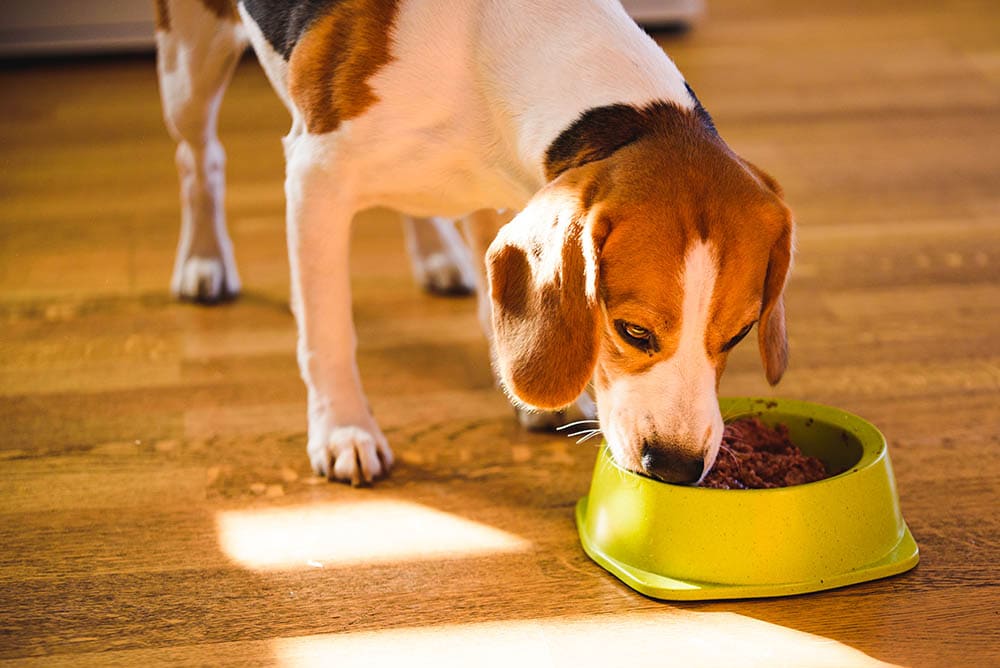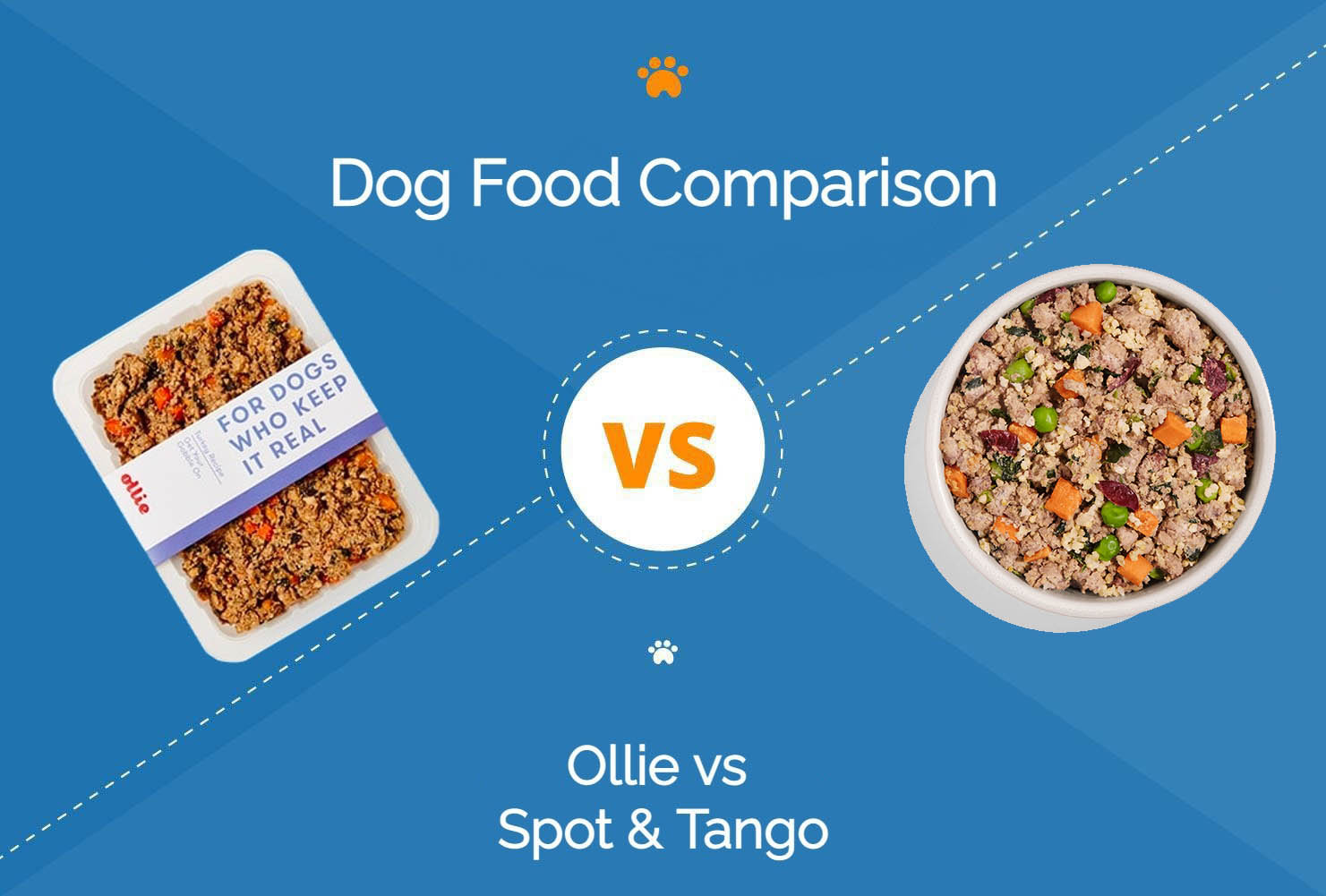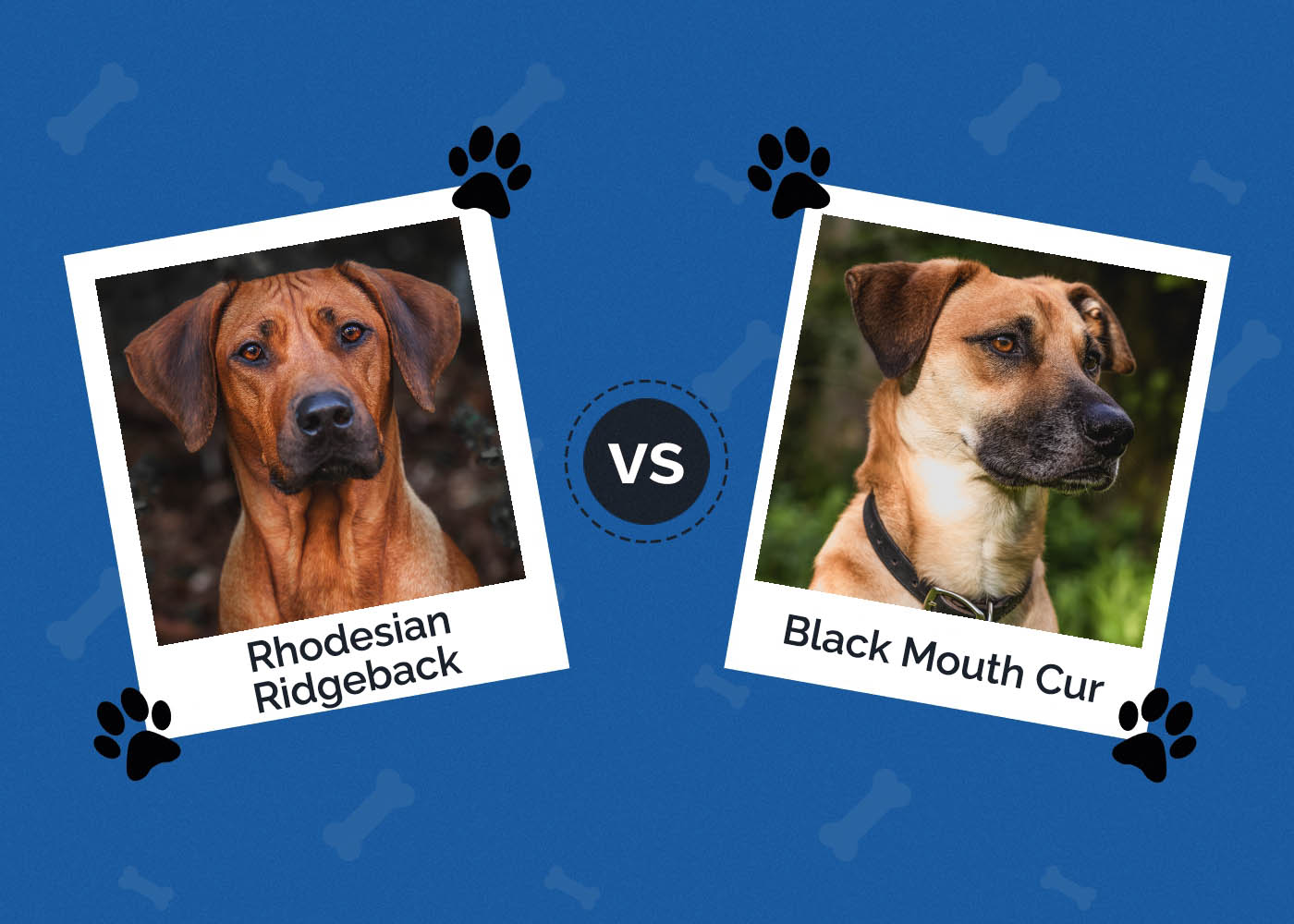What Is Holistic Dog Food? Is It Good for My Dog? Vet-Reviewed Facts & FAQ
By Kit Copson
Updated on

With so much competition out there among dog food brands marketing themselves as the tastiest, the most natural, the healthiest, and the absolute best for your dog, it’s easy to get caught up—and lost—in the mix. It’s understandable for dog parents to want only the best for their dogs and so turn to foods labeled “holistic”—foods that hint at catering to your dog’s whole-body health—but really, this is just a marketing term. The term “holistic” is not legally regulated, and there are no special standards that “holistic” dog food brands have to adhere to in order to label their products as such.
In this post, we’ll explore what it means when dog food is labeled “holistic” and whether foods labeled this way are actually better for your dog.
What Exactly Is Holistic Dog Food?
The term “holistic” is a term that, medically speaking, means treating a person or an animal as a whole. This includes taking into account factors like the mind and emotions, as well as the body. So, when dog food is labeled “holistic,” the brand is likely referring to the nourishment of the dog’s entire body.

Is Holistic Dog Food Better for My Dog?
According to Dr. Angie Krause, DVM, CVA, CCRT, “Holistic pet food is more of a movement towards a less-processed diet with higher-quality ingredients.” However, at present, there is no formal or legal definition for the term “holistic” in the dog food world.
In short, words like “holistic” are often used in pet food marketing to make a product sound more appealing and nutritious. You’ll also find that a lot of holistic dog foods are on the expensive side.
There are no rules on brands using the term in their marketing, so basically, any brand can use it, even if the product in question contains preservatives and certain other synthesized ingredients—ingredients that you won’t find in products labeled “natural,” as it’s against AAFCO regulations (with the exception of synthetic minerals and vitamins).
Brands that label their foods “natural,” unlike those labeled “holistic” must adhere to certain standards, which is why it’s important not to confuse the two terms, which are often thought to be the same thing.
For these reasons, there’s no real evidence that dog foods labeled “holistic” are any better for your dog than those that are not labeled as such. This doesn’t mean that holistic dog foods aren’t good for your dog. It just means that we shouldn’t take for granted that they’re good or contain high-quality ingredients without first reading the ingredients label due to the term’s lack of legal regulation.

Which Dog Food Brands Are Holistic?
If you’re interested in checking out some dog food brands that claim to be “holistic” for yourself, here are some of them:
- Earthborn Holistic
- Holistic Select
- Halo Holistic
- Solid Gold
- Gary’s Best Breed
If you’re not sure which type of food or brand would be best for your dog—holistic or otherwise—we recommend having a word with your vet to get more insight.
Final Thoughts
In a nutshell, “holistic” in the dog food world is a marketing term that insinuates benefits to a dog’s whole-body health. However, the term is not legally regulated, and there are no special standards that “holistic” dog food brands have to adhere to in order to label their products that way.
For this reason, it’s highly recommended that you read the label on your dog’s food carefully to find out exactly what’s in it, as holistic foods can still contain synthetic ingredients and use the term “holistic.” We also recommend thoroughly checking out individual brands to find out if they’re trustworthy, have a good track record recall-wise, and if their products are AAFCO approved.
Featured Image Credit: Maximilian100, Shutterstock














